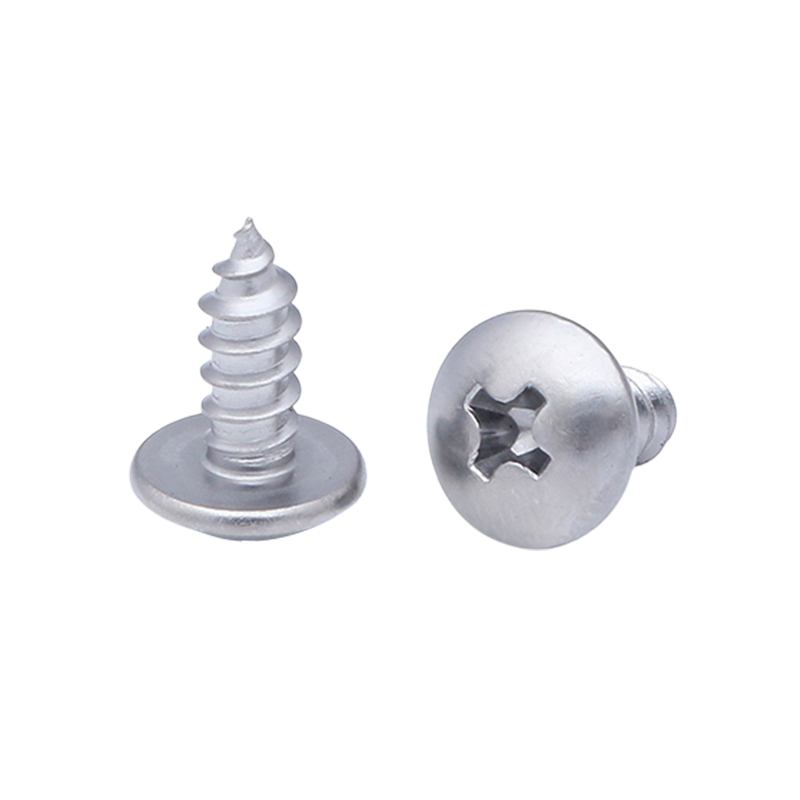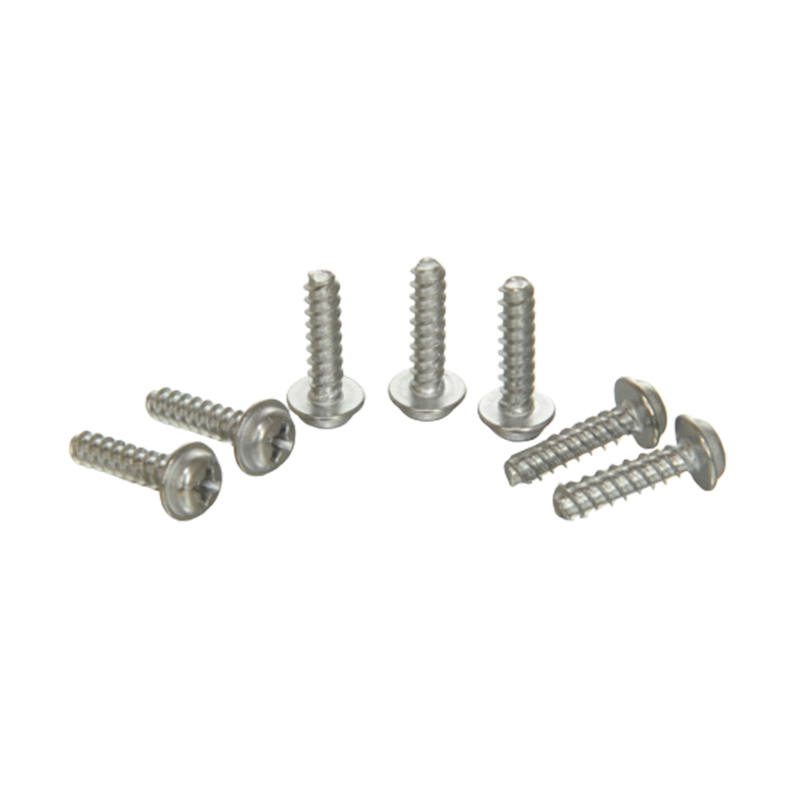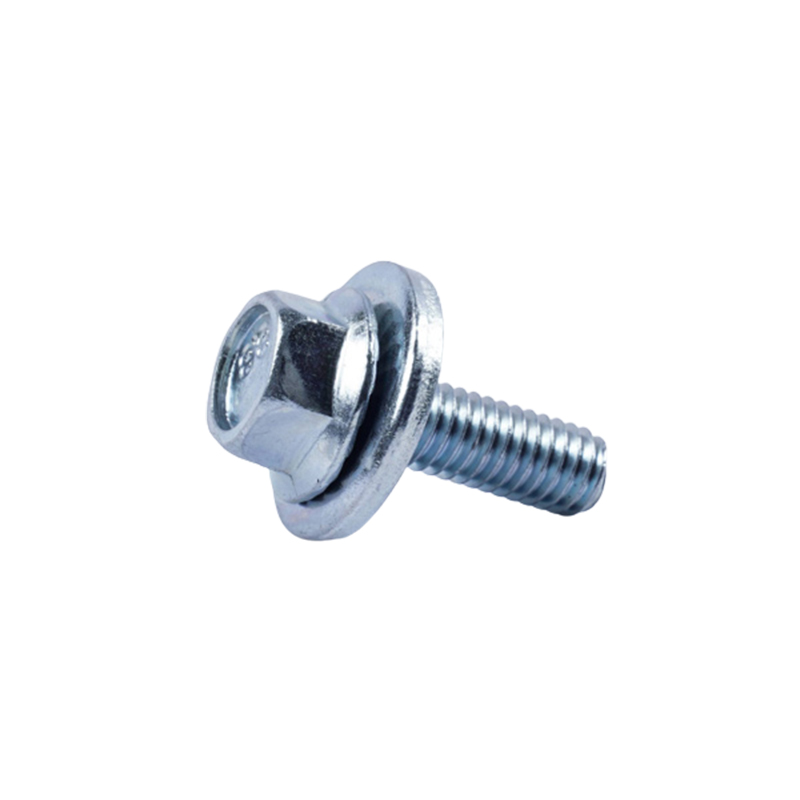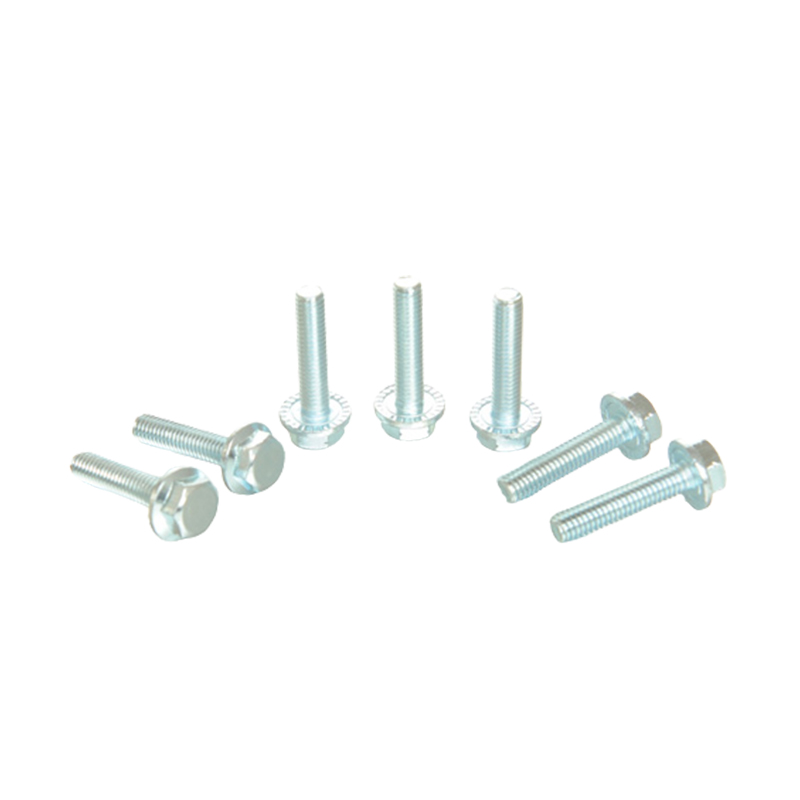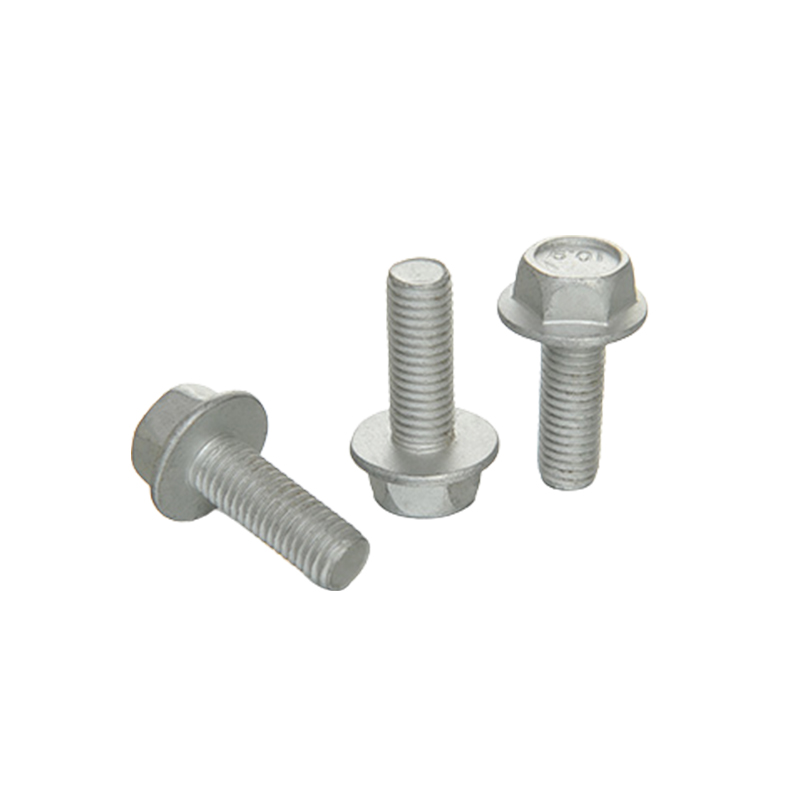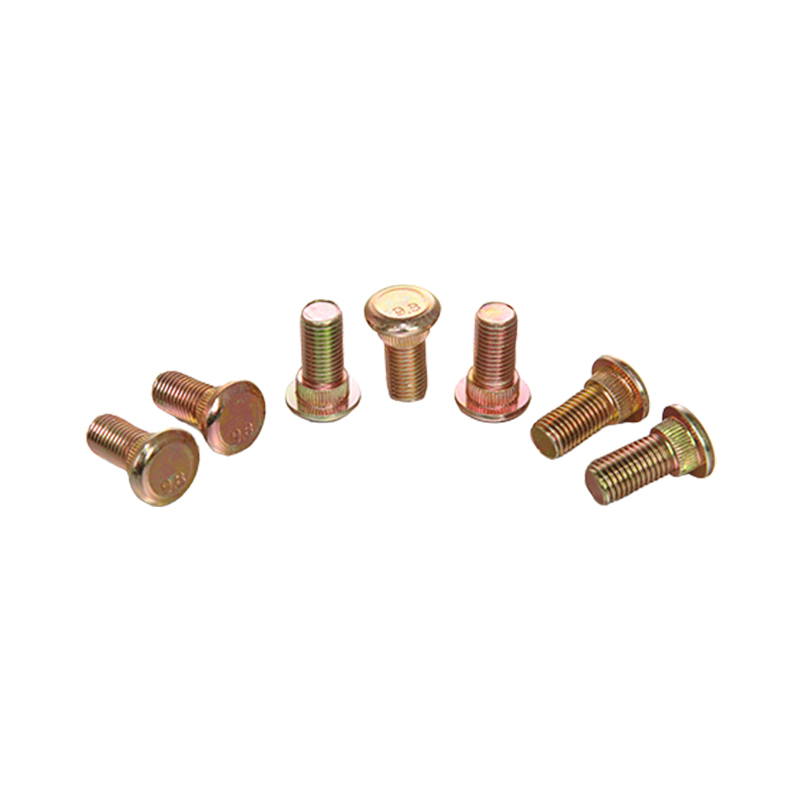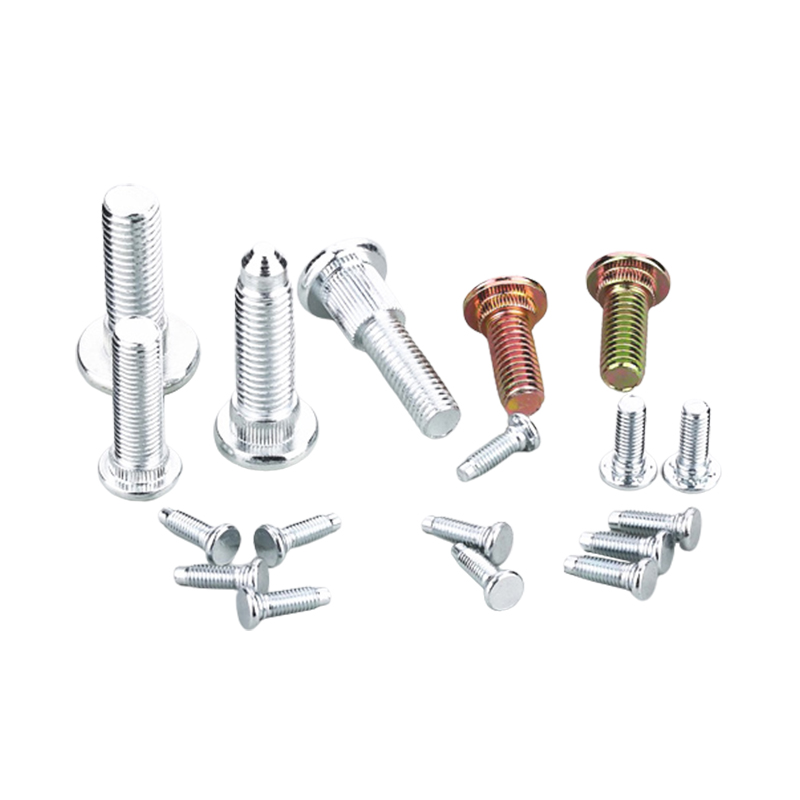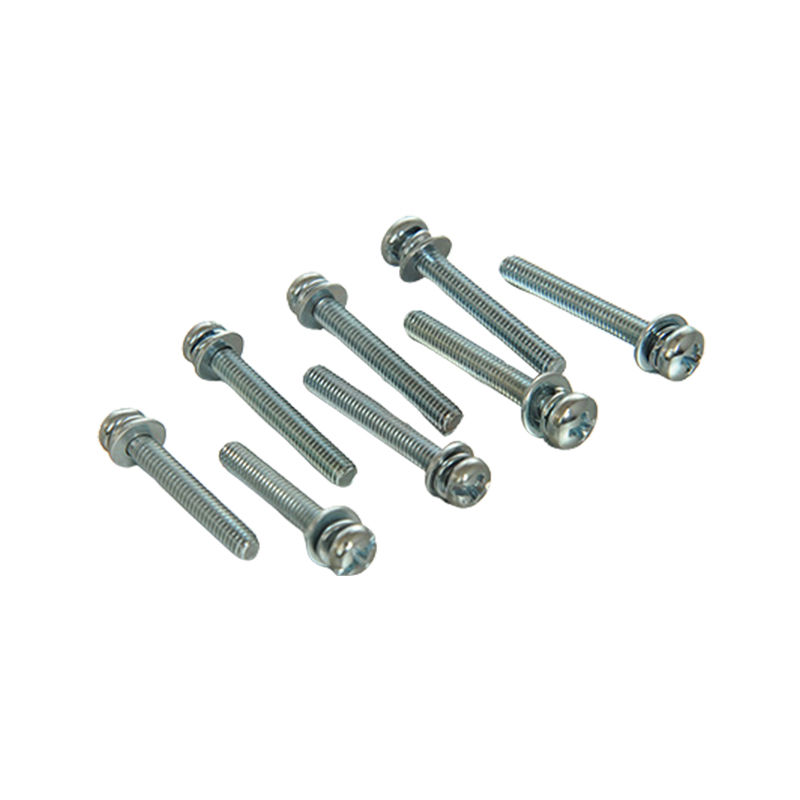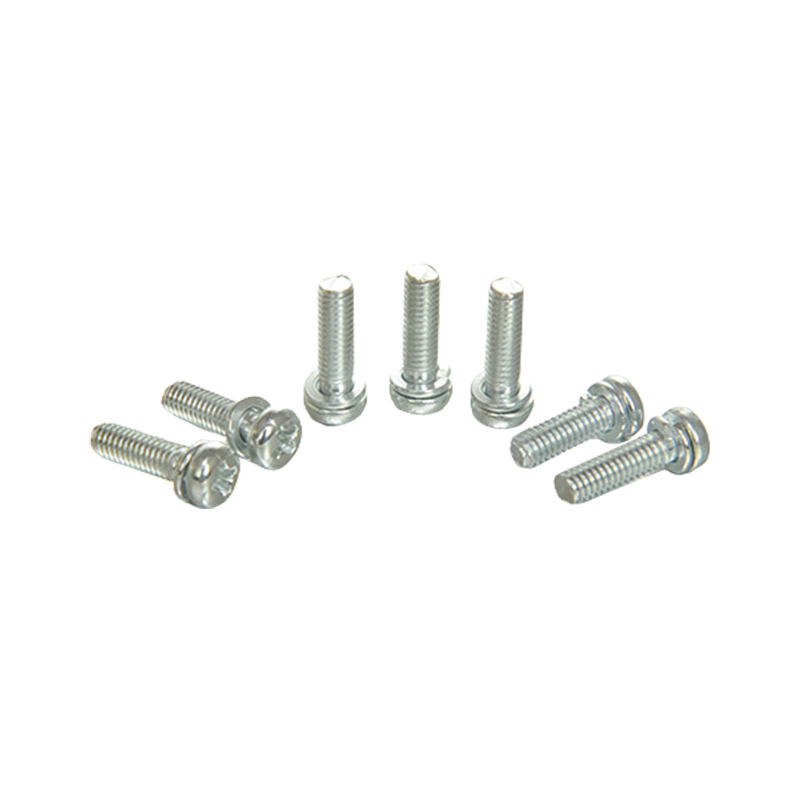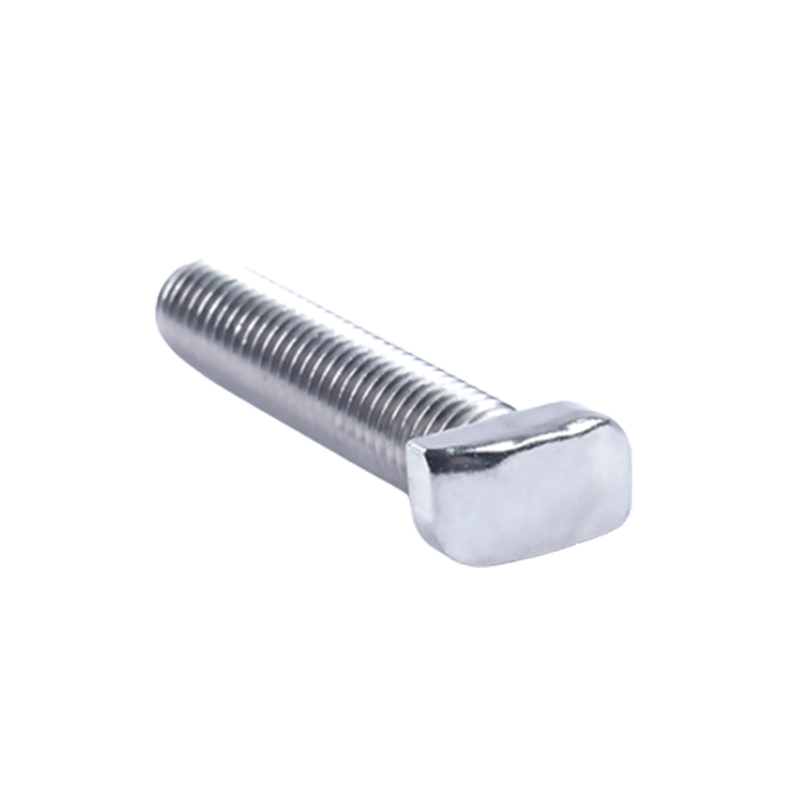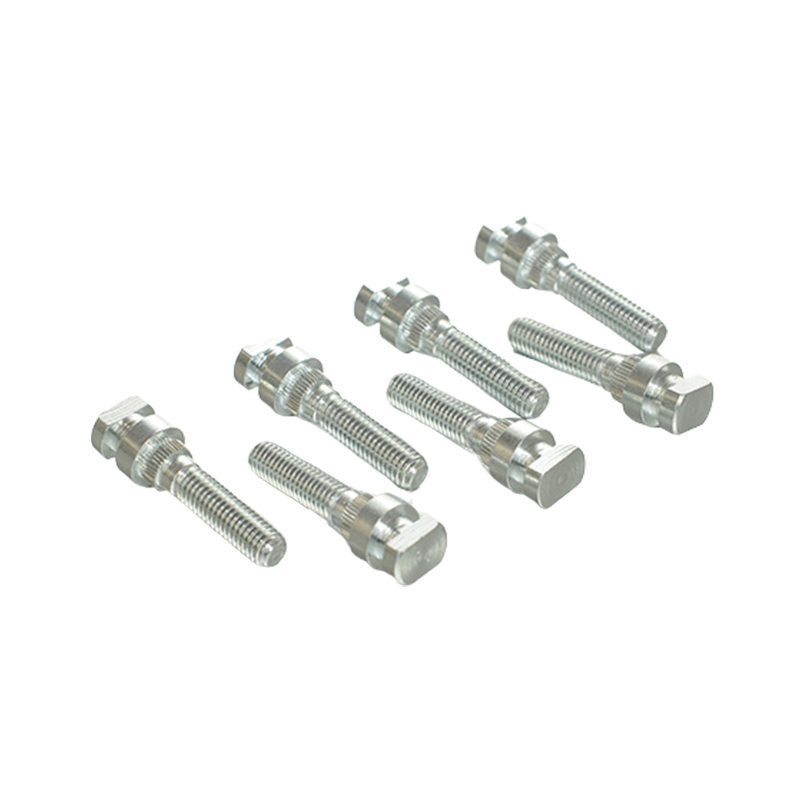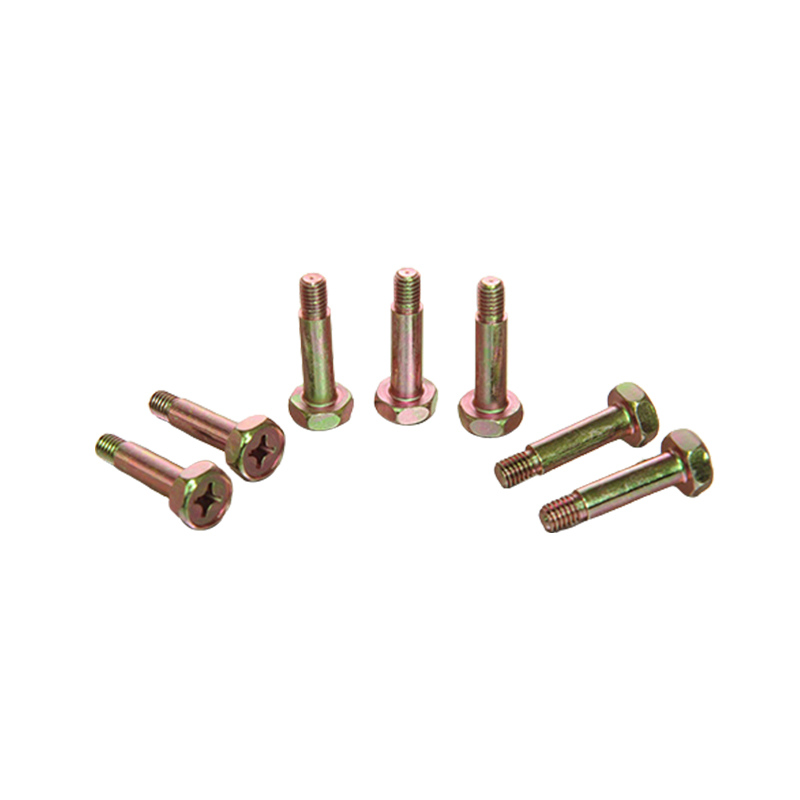1. Introduction to Triangle Screws and Ordinary Screws
Triangle screws are a type of fastener with a triangular thread profile that differs from conventional round-thread screws. Unlike ordinary screws, they provide a unique mechanical interlock between the threads of the screw and the substrate. In industries where vibration resistance and a stronger locking effect are required, such as automotive, construction, and machinery, triangle screws are widely applied. On the other hand, ordinary screws like flathead self tapping screws, large pan head screws, or machine fasteners rely on traditional circular threading, which may loosen over time under certain environmental conditions. By comparing triangle screws with these common fasteners, one can see clear differences in their locking capability and performance.
2. Locking Effect of Triangle Screws
The locking principle of triangle screws lies in the wedge-shaped contact formed between the triangular threads and the internal thread of the material. This unique structure increases surface friction and provides a greater resistance to loosening under vibration. Compared with self threading screws for metal or mild steel screws, triangle screws distribute stress differently, resulting in enhanced stability once tightened. This effect is particularly useful in fields where reliable screws are required to ensure safety and durability.
| Screw Type | Thread Shape | Locking Performance | Common Applications |
|---|---|---|---|
| Triangle screws | Triangular profile | Strong locking effect under vibration | Automotive, aerospace, heavy machinery |
| Flathead self tapping screws | Circular profile | Moderate, may loosen over time | Furniture, light machinery |
| Large pan head screws | Circular with large head | Easy fastening but lower locking | Electronics, appliances |
| High strength screws | Circular with material optimization | Depends on external locking methods | Structural, load-bearing applications |
3. Comparison with Self Tapping Screws
Ordinary self tapping screws are designed to cut their own threads into softer materials. Variants such as self tapping washer head screws, flange head self tapping screws, or large head self tapping screws are widely used due to their convenience. However, the locking effect often depends on the tightness of the initial installation rather than inherent thread geometry. In contrast, triangle screws enhance the locking mechanism internally through their triangular thread angle. While self tapping screws how to use is relatively simple and does not require pre-threading, their performance under vibration and cyclic loading is often less reliable compared with triangle-threaded designs.
4. Performance of Triangle Screws in Vibration Environments
In high-vibration environments such as automotive assemblies or industrial machines, loosening of fasteners is a common problem. Triangle screws are more effective than drilling fasteners, range screws, or non metal screws in resisting this loosening. The triangular design ensures continuous frictional resistance between the fastener and the joint surface. This provides an advantage compared with self drilling screw washer or flange self tapping screws, which may require additional locking washers or adhesives to maintain tightness. Triangle screws therefore reduce the need for external locking measures.
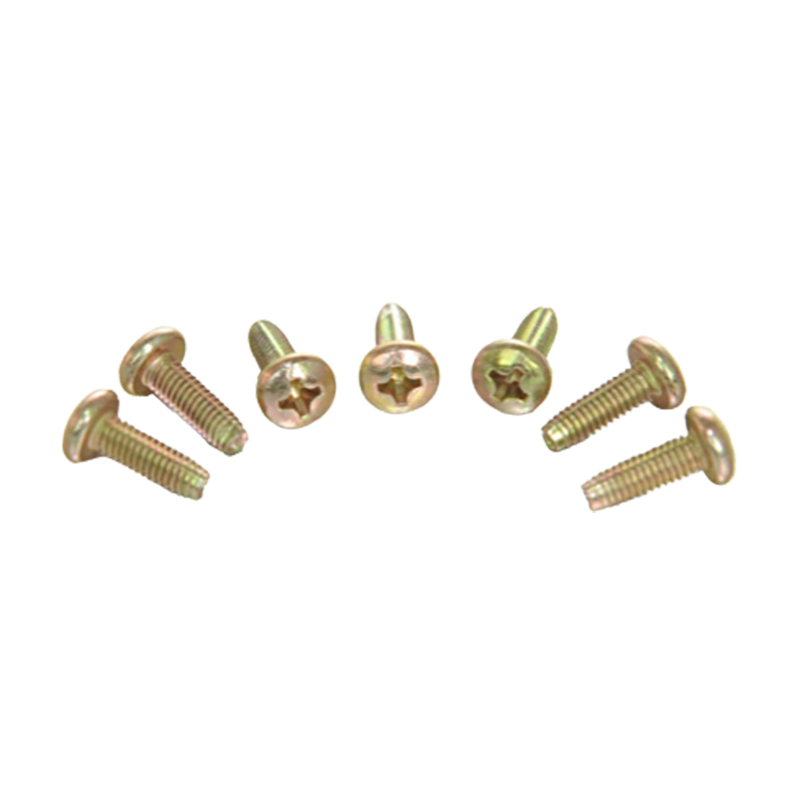
5. Manufacturing Process and Material Considerations
The fasteners manufacturing process plays a critical role in determining screw quality. In the production of triangle screws, precise control of thread geometry is essential. This requires advanced screw production technologies to ensure that the triangular profile is consistent and meets performance requirements. Compared with ordinary production screws, triangle screws often demand tighter tolerances. Materials also matter: using high tensile stainless steel or mild steel screws can influence performance. Manufacturers who specialize in custom made screws often provide triangle designs tailored to specific industries. For example, large fasteners with triangular threads are suitable for heavy structural applications where stability is a priority.
6. Advantages of Triangle Screws Compared with Ordinary Screws
The advantages of triangle screws can be summarized by comparing them directly with ordinary fasteners such as machine screw head types or flat hex screws.
| Feature | Triangle Screws | Ordinary Screws |
|---|---|---|
| Locking Mechanism | Based on triangular geometry providing internal locking | Relies on external methods such as washers |
| Resistance to Vibration | Higher due to wedge effect | Moderate, often loosens |
| Stress Distribution | More uniform across threads | Concentrated on limited thread contact |
| Applications | Automotive, aerospace, machinery requiring quality screws | General consumer products, furniture |
| Durability | Extended service life in high-stress conditions | Limited by loosening over time |
7. Practical Applications of Triangle Screws
Triangle screws are often chosen where safety and stability are paramount. In automotive industries, they may replace die casting car parts fasteners or work alongside drilling fasteners to maintain assembly security. For metal structures, triangle screws outperform self threading screws for metal due to better resistance to loosening. When combined with custom made screws production, these fasteners can be engineered to meet very specific requirements. Additionally, triangle screws can be used in areas requiring machine fasteners, where a stronger locking effect helps extend the lifespan of equipment.
8. Limitations and Considerations
While triangle screws provide stronger locking, they also require more precise screw production and installation processes. This means cost can be higher than standard flat hex screws or pan head hex screw options. Additionally, installation torque must be controlled carefully to prevent stripping of the triangular threads, especially in softer materials compared to high tensile stainless steel. In applications where replacement is frequent, standard screw on flange or replacement fasteners may be more practical. Nevertheless, the unique benefits of triangle screws make them preferable where long-term stability is crucial.
9. Future Development of Triangle Screws
With advancements in the fasteners manufacturing process, triangle screws are expected to be produced more efficiently and with greater material diversity. Innovations in custom made screws design and high-precision tapping fasteners technology will make triangle screws more accessible to different industries. As demand for reliable screws increases in aerospace, automotive, and construction, the role of triangle screws in providing enhanced locking effects will expand. Manufacturers focusing on quality screws and screw production are likely to integrate triangle-threaded designs more frequently into their product lines.


